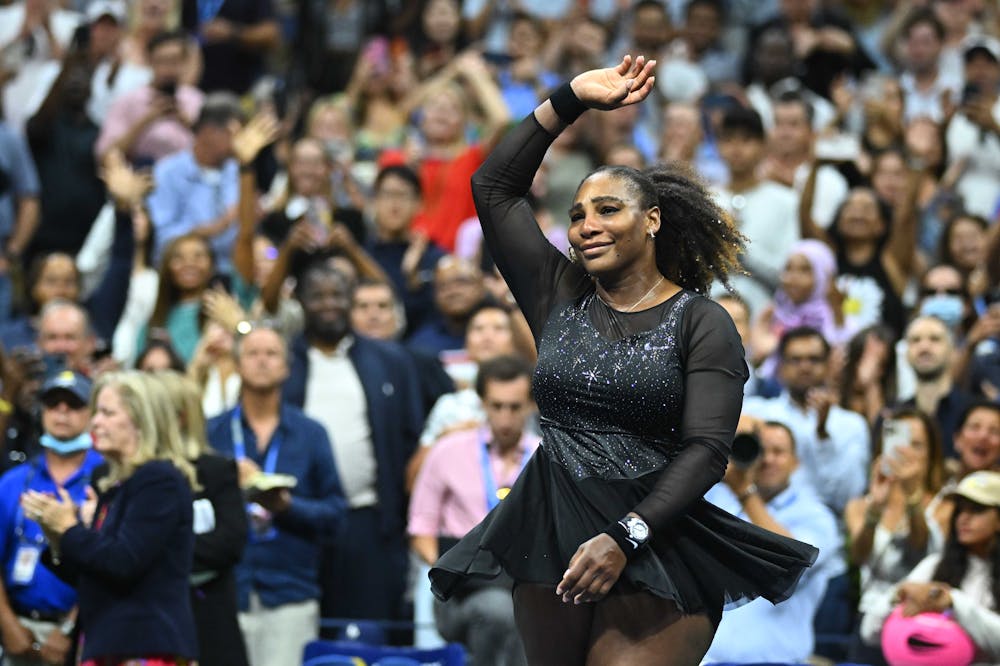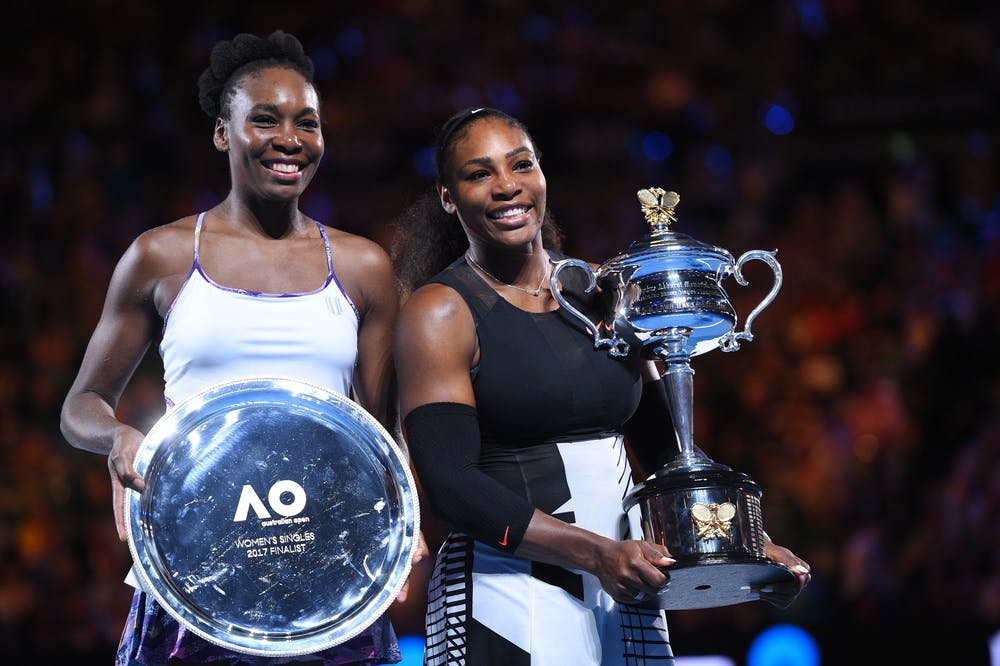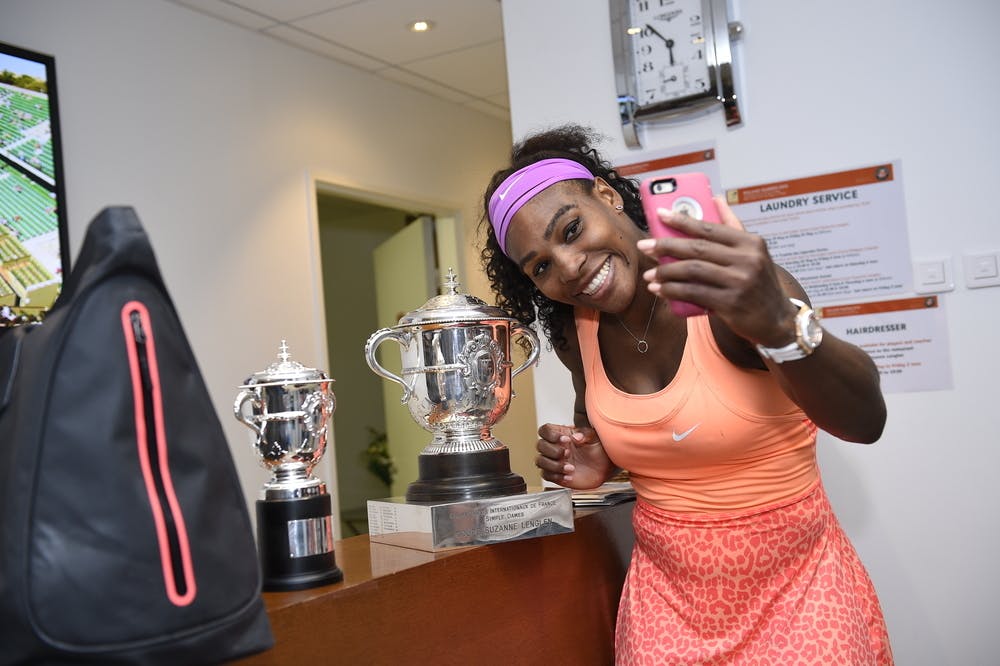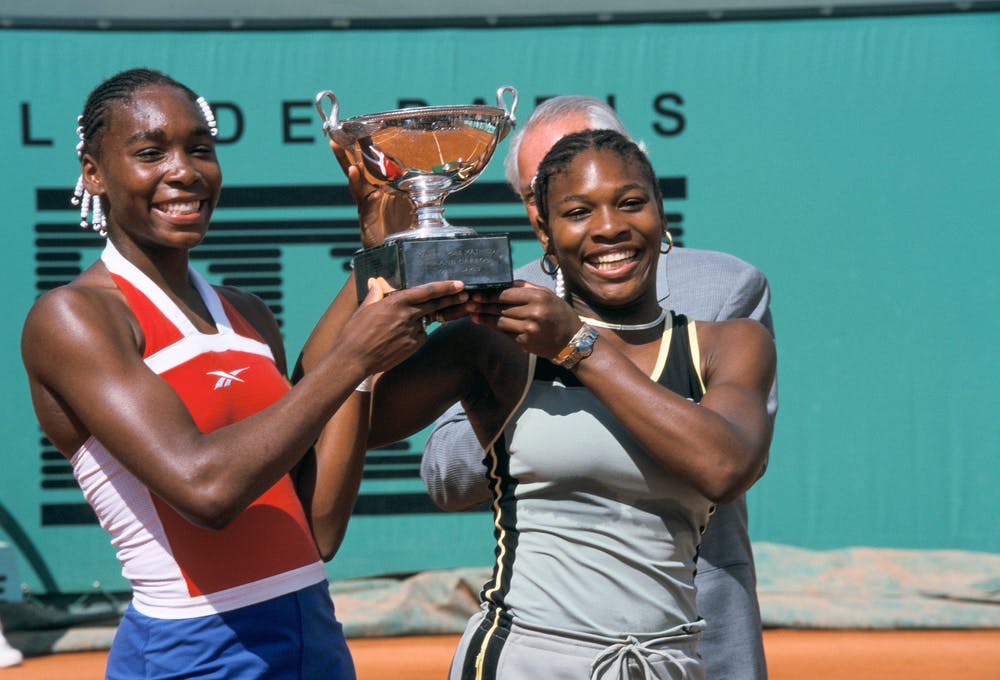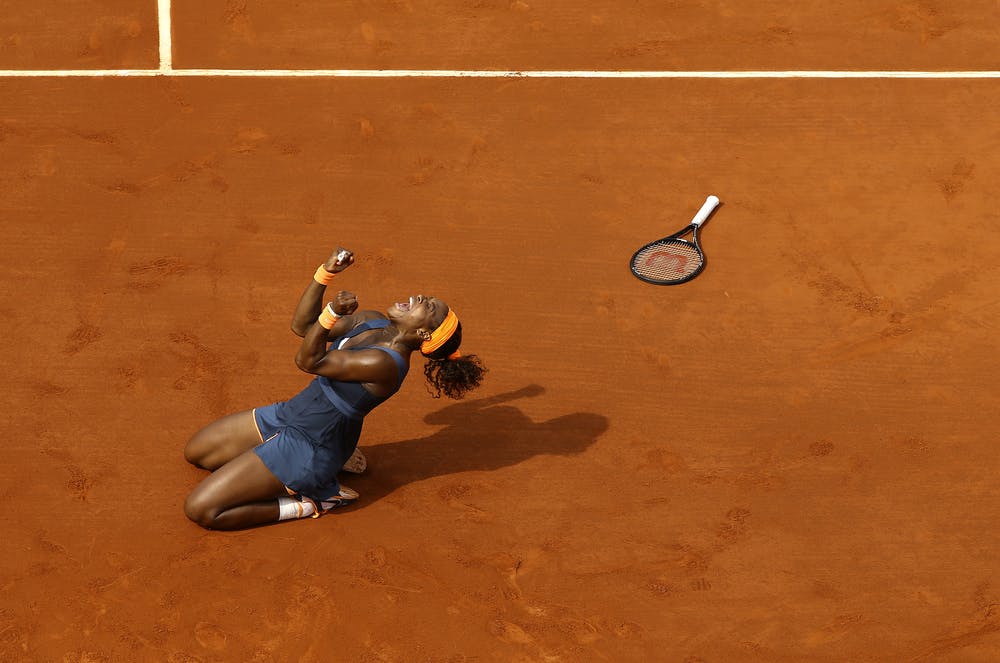“I’d travel to tournaments with Venus as her hitting partner, and if there was an open slot, I’d play. When she lost, I understood why, and I made sure I wouldn’t lose the same way. It was as if I were playing her matches, too. I’m a good mimic…
“If I hadn’t been in Venus’s shadow, I would never be who I am. When someone said I was just the little sister, that’s when I got really fired up.”
The Williams sisters innovated the women’s side of the sport, harnessing their supreme athletic capabilities and bringing another level of competitiveness on court, whilst away from the confines of the court they strived for equality and spoke out against racism.
Simply put they are icons across all sport, raising the global profile of tennis – featuring in cartoons, songs, movies, you name it.
Countless players hail Serena as their favourite player or main inspiration. On top of her supreme tennis success, the 40-year-old has forged a path for women, in particular black women, to be seen at the very peak of sport, earning the highest cheques to become a billboard name.
 ROLAND-GARROS
18 May - 7 June 2026
ROLAND-GARROS
18 May - 7 June 2026


